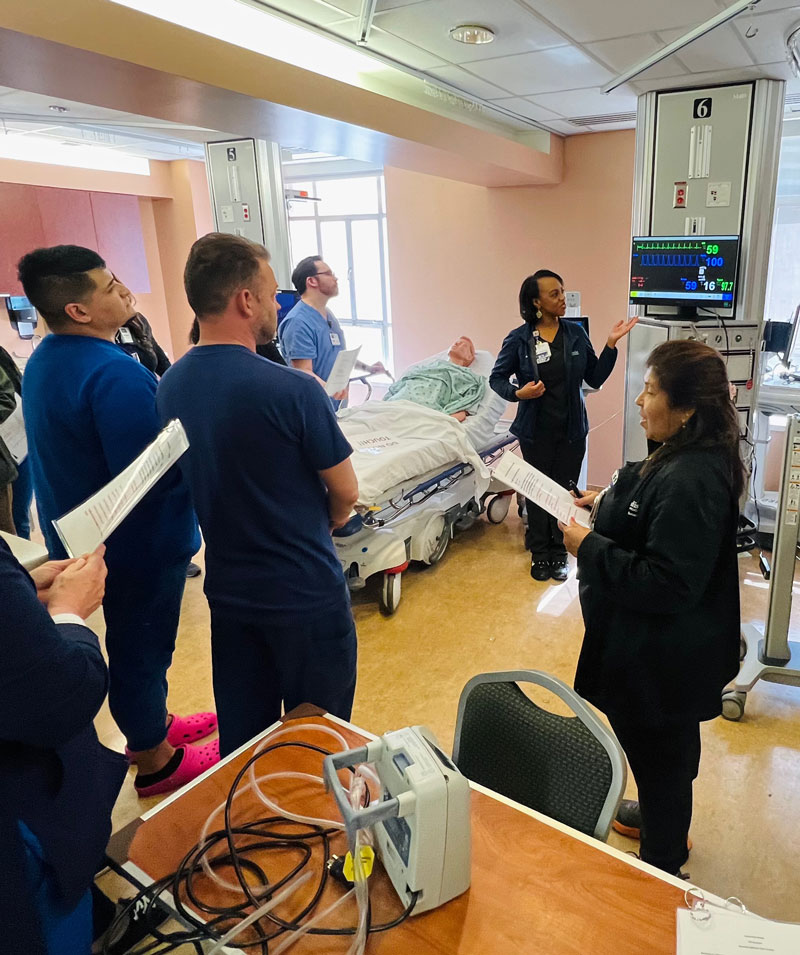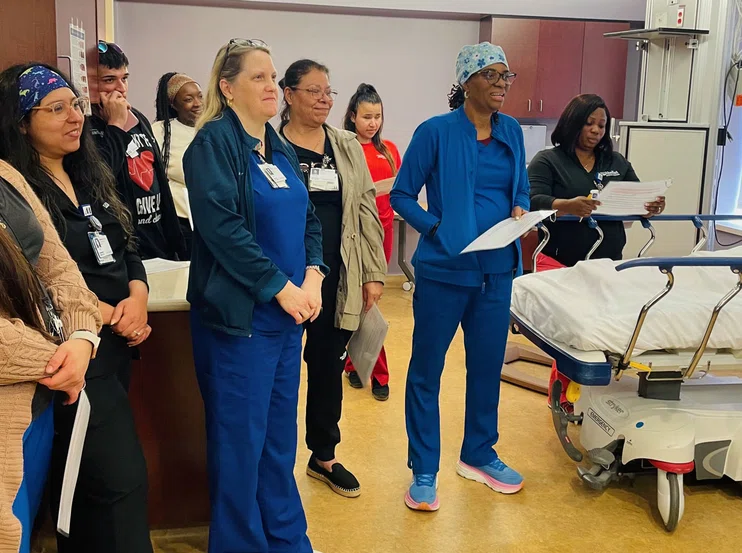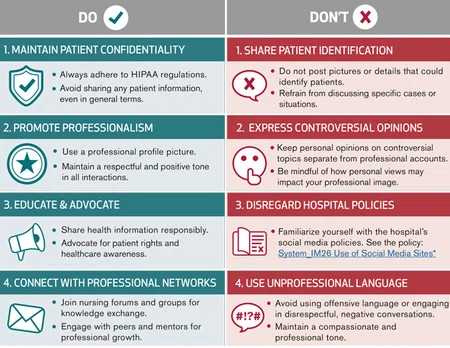© 2024. Houston Methodist, Houston, TX. All rights reserved.


In this
issue

WELCOME
NURSING SCIENCE

Prioritizing Nurse Perspectives in Technology Design

Brand Image of the Nursing Profession

Meet Houston Methodist’s Newest Nurse Scientists!
EDUCATION
PRACTICE

Unlocking Excellence: Practicing at the Top of Your License

Compassionate Care: Supporting and Caring for Nurses
PROFESSIONAL DEVELOPMENT
MAGNET
FROM OUR TEAMS

ABOUT DISCOVERN
FROM OUR TEAMS
Revolutionizing Patient Care Assistant Education
By LaToya C. Clower, MSN, RN, CVRN-BC
By LaToya C. Clower, MSN, RN, CVRN-BC

As patient acuity levels fluctuate from one minute to the next, the dynamic roles of the patient care assistant (PCA) and registered nurse (RN) are pertinent for effective collaboration within the clinical setting.
One of the various methods used to prepare our clinical nursing staff to respond competently and confidently to patient condition changes includes incorporating quarterly training competencies. The Center for Nursing, Research, Education & Practice (CNREP) department revised two skills course offerings for house-wide PCAs this quarter.
The first prerequisite course, “Essential Skills for the PCA”, prepares PCAs to advance individual performance within the clinical setting and to provide all skills necessary to be promoted to PCA specialists. Centered around the EPIC PCA Task System Patient List, the course also reviews general, patient care-related skills including, but not limited to:
- Hourly Rounding
- Fall Prevention/CAUTI & CLABSI Bundles
- BioIntelliSense: Bio Button
- Narration of Care for the PCA
- Peripheral IV Removal
- Foley Catheter Removal
- SCD Application and VTE Prevention Measures for the PCA
- Pure Wick External Female Catheter Management
- Condom Catheter Maintenance
- Bladder Scanner
- 12 Lead EKG

The next course, “HMH Leadership Development for the PCA Specialist”, provides the PCA with the necessary skills to perform within the expert PCA Specialist role. To attend, each candidate must have three years of experience. Key concepts within the curriculum include identifying specific role expectations, performance requirements and the necessary precepting and mentoring skills required.
Each course includes a didactic portion, interactive learning activities, and scenario-based simulation experiences. Ultimately, the PCA’s confidence and competence are enhanced through clinical exposure and the skills acquired, enabling appropriate responses during diverse clinical situations. Ultimately, this will improve effective collaboration, adequate patient observation, and timely reporting to the RN.









